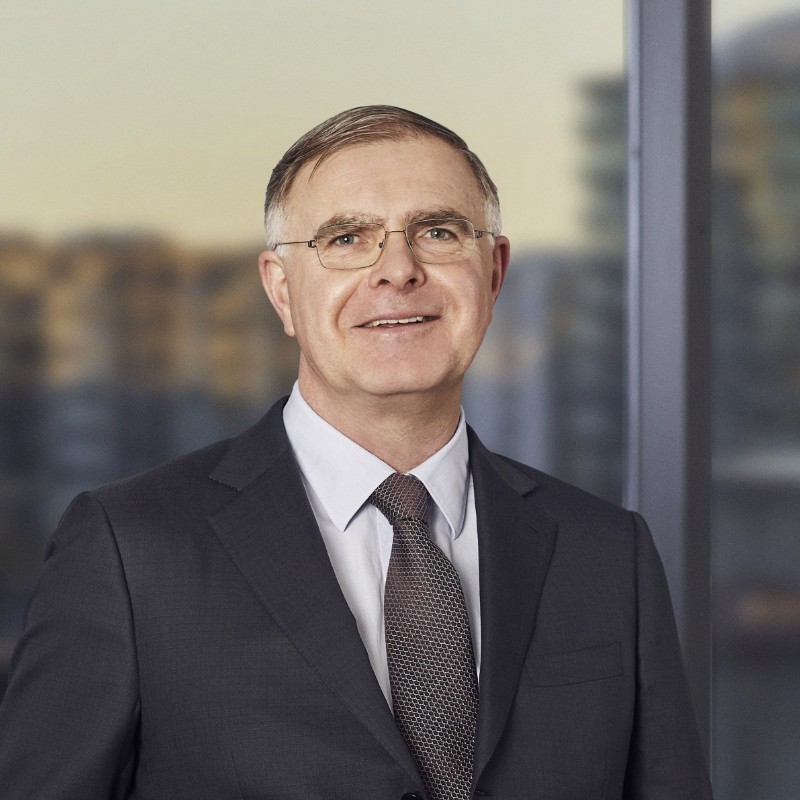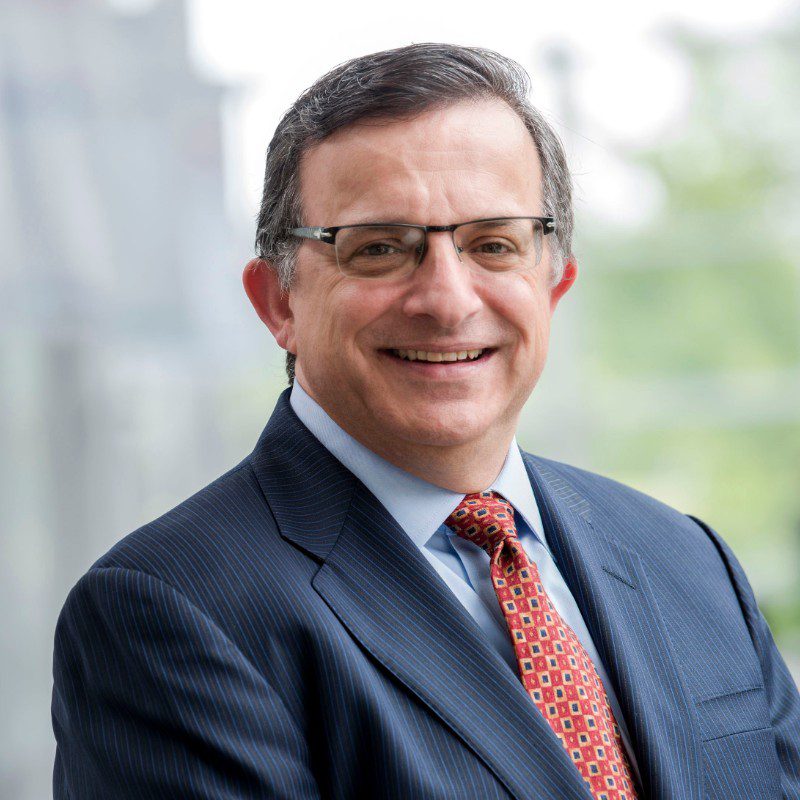The frenzied dealmaking for antibody-drug conjugates is far from over.
In the past 10 days, there’s been a slew of ADC deals. Genmab made its first-ever acquisition — of ProfoundBio, which is in the clinic with multiple ADCs. Merck made a small bet on a startup looking to make the drugs safer on the heels of a massive ADC deal in the fall. Ipsen acquired an asset on the verge of entering human studies, and blue-chip investors doled out $158 million for an ADC startup on the brink of Phase 3.
 Jan van de Winkel
Jan van de Winkel“ADCs are super-hot molecules right now,” Genmab CEO Jan van de Winkel told Endpoints News last week.
That means Genmab had to come to ProfoundBio with a “good proposed price,” which ended up being $1.8 billion in cash, he said, in part because the biotech had just secured $112 million in financing. Van de Winkel declined to disclose whether the Danish drugmaker bid against other pharma companies vying for ProfoundBio.
What is crystal clear, though, is that Genmab isn’t the only biopharma ponying up big bucks for an ADC. Pfizer dished out $43 billion last year to buy Seagen, a pioneer of antibody-drug conjugate technology, and Merck’s licensing deal with Daiichi Sankyo was one of the largest-ever upfront deals, at $4 billion. Now, there are bidding wars, sky-high valuations and a desire to put ADCs to work in categories beyond cancer.
 Athena Countouriotis
Athena Countouriotis“In many situations, large pharmaceutical companies were willing to bid quite high for some of those assets, and especially for us, for targets that were oversaturated, we didn’t want to just continue to bid up,” Avenzo Therapeutics CEO Athena Countouriotis told Endpoints in January.
Her biotech wound up in-licensing a different type of oncology asset, but is still on the hunt for ADCs after raising more money last month.
The ADC frenzy
Pfizer’s Mylotarg was the first ADC to receive FDA approval in 2000, and since then the niche area of oncology R&D — which is sometimes described as a “fancy chemotherapy” — is now mainstream within pharma pipelines. About a dozen ADCs are now on the market, including AstraZeneca and Daiichi Sankyo’s standout breast cancer medicine Enhertu. The medicine’s sales doubled from $1.25 billion in 2022 to $2.57 billion last year.
The ADC market is anticipated to grow to about $30 billion in worldwide sales by 2028, a six-fold increase over 2020, per an Evaluate report in February. More than 260 such treatments have been tested in the clinic as of August, according to a study published in the open access journal mAbs.
It’s more than just a fad. The field is poised to grow more as researchers work to improve the technology and chemistry, drugmakers expand the scope of diseases that ADCs are tested in, and new targets and combination approaches are explored, industry insiders told Endpoints.
Merck will get prominent placement in ADC textbooks. It bought VelosBio for $2.75 billion in 2020, promised more than $2 billion in biobucks to Chinese biotech Kelun in 2022, dished out $4 billion upfront to Daiichi in 2023 and then forged a small buyout of Abceutics last week.
 Eliav Barr
Eliav Barr“We’re also looking at ADCs in non-oncology to deliver things in a more specific way,” Eliav Barr, chief medical officer of Merck Research Laboratories, told Endpoints at the European Society for Medical Oncology’s annual confab last year. “We also think about figuring out whether the pattern that we see here can be applied to other therapeutic areas, like immunology or some other areas.”
If drugmakers can prove that the medicines work in areas outside of cancer, like in autoimmune diseases, then the field could broaden to another level, according to industry insiders. It’s not an entirely novel concept: AbbVie previously tried plugging its autoimmune treatment Humira, once the world’s top-selling medicine, into an ADC. (It later discontinued those efforts.)
CAR-T is another example of a therapy that has shown promise in autoimmune diseases after first being tested and approved in oncology, said Andrew Lam, managing director at Ally Bridge Group. His investment firm led ProfoundBio’s Series B shortly before it signed the Genmab deal.
The next wave
 Andrew Lam
Andrew LamThe newest ADC biotechs are going to have to offer investors better technology, whether that’s optimizing proven targets, crafting new linkers, pursuing more than one target with the same ADC, or putting two payloads into one treatment, Lam said. The tinkering will happen for years to come.
Tubulis, a biotech based in Germany, wants to become the next “independent global leader in the ADC space,” CEO Dominik Schumacher told Endpoints at the time of his company’s $138.8 million Series B2 last month. The company wants to improve every piece of an ADC — the linkers, the antibody and the payload. It’s not looking for piecemeal adjustments. “We want to have flexibility to tailor-make an ADC,” he said.
With a string of significant buyouts in recent years — including Seagen, ImmunoGen and Ambrx, to name a few — there are fewer publicly traded ADC companies to snatch up. ADC Therapeutics, Mersana and the newly-public ArriVent BioPharma are all developing ADCs, as are private biotechs.
“There could be some hidden assets from private companies, which do not have much public exposure,” Kelly Shi, an analyst at Jefferies, said in an interview. She noted “asset-focused” deals or partnerships will likely increase over time as compared to whole-company acquisitions.
 Philippe Lopes-Fernandes
Philippe Lopes-FernandesIt seems like everyone is just trying to angle their way into the ADC market.
“We felt that this was a space where we could make a difference and that would be not too big, not too small, and that’s a nice fit for us,” Ipsen CBO Philippe Lopes-Fernandes said in an interview.
Ipsen signed a pact worth up to $900 million last week for rights to an ADC from Sutro Biopharma. It was the company’s first ADC deal.